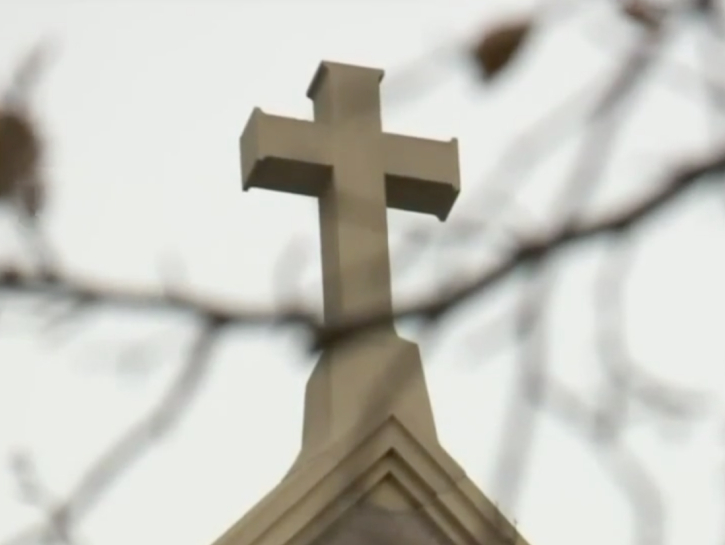Certain churches have been haunted by a history of child abuse for decades, but what has been even more distressing about this history is the organizations’ attempts to keep these incidents under wraps. In a world in which news travels fast, keeping these disturbing acts of sin by the hands of those who preach redemption is no simple feat anymore. However, they may have found a loophole.
A bill currently being drafted in the Utah State Legislature, if passed, would allow churches and other nonprofit organizations to apologize for abuse, but would not require them to admit culpability.

“We want to empower these organizations to reach out and minister and help and support victims in their most dire time of need,” Rep. Ken Ivory, R-West Jordan, who is sponsoring the bill, told FOX 13.
He added that he believes an apology could help provide victims of abuse with “some measure” of comfort by taking down the “wall of silence” that accusers of the clergy are usually blocked by. Yet, the apology would not, necessarily, be an admission of liability in a civil lawsuit, nor a block of litigation.
“They’re able to reach out, to apologize, to minister, to aid the victims without that being considered any type of basis of liability to such organizations,” Ivory said. “Now it doesn’t mean that if there’s some liability, if they’re culpable for something, that’s a separate question.”

However, not everyone agrees that an apology is enough. McKenna Denson is currently suing the Church of the Latter-day Saints, alleging that she was raped at a Missionary Training Center. Her attorney, Craig Vernon, commented on the bill in a text message sent to FOX 13.
“Legislation aimed at protecting institutions from legal liability for harboring sexual predators instead of protecting children and vulnerable adults may send the wrong message to survivors,” Vernon’s message read. “I believe for most survivors, an apology must be accompanied by action, otherwise it rings hollow.”
Judy Larson, the head of Survivor’s Network of those Abused by Priests (SNAP), believes that an apology would be appreciated, but still questions if any organization would actually would apologize if allowed to do so by law.
“Rather than an apology for what happened to them,” Larson said, “I believe that survivors would be more interested in hearing what concrete actions the institutions are taking to prevent this from happening to other children.”
Both LDS and the Catholic Diocese of Salt Lake City declined to comment on the bill until further notice.
What do you think? Could this bill spark a turning point in the fight to prevent child abuse within the church, or will it just enable such incidents to occur more often? Let us know in the comments below!
